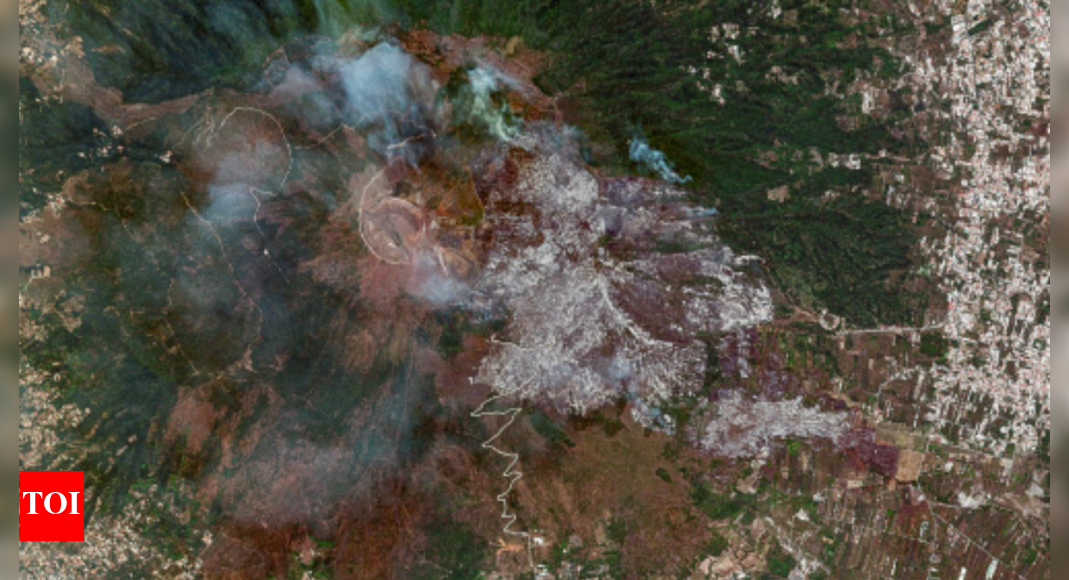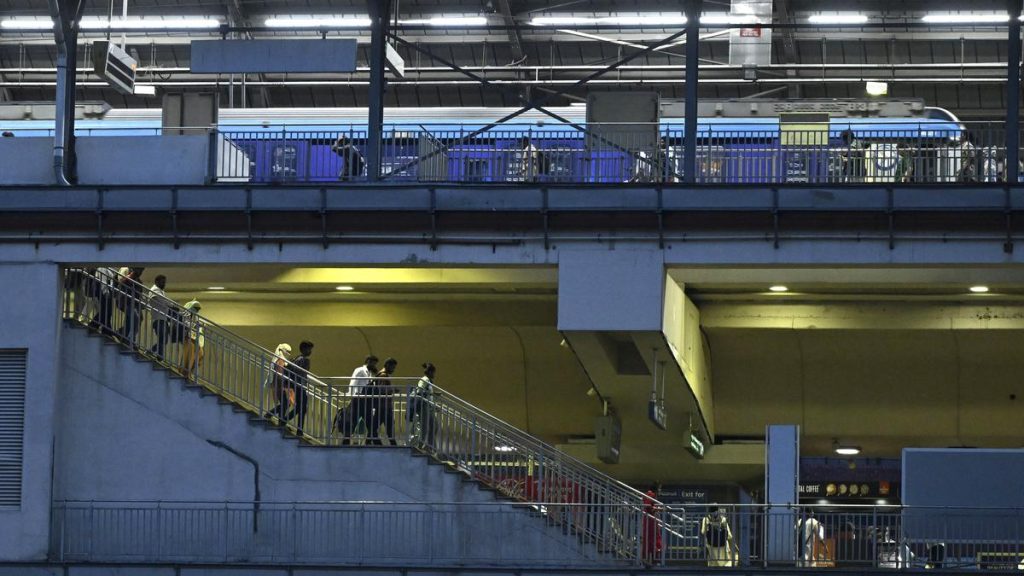Now Reading: Italian Teachers Voice Concerns Over Heat as Schools Reopen
-
01
Italian Teachers Voice Concerns Over Heat as Schools Reopen
Italian Teachers Voice Concerns Over Heat as Schools Reopen

Speedy Summary
- Italian schools are reopening after a long 97-day summer holiday, the longest in Europe.
- Teachers raise concerns about extreme heat due to climate change, making classrooms unsafe for learning.
- Only 6% of Italy’s schools have air conditioning; many are old and energy inefficient.
- High temperatures pose health risks for students and teachers alike, notably as half of teachers are over 50 years old.
- Some regions like Sicily plan shorter school days to cope with the heat, while Sardinia has called for a national debate on adapting classrooms to climate change.
- Italy’s current school calendar is under scrutiny due to changing climatic conditions; calls for postponing classes or revising holidays gather mixed reactions from parents and educators.
- Campaigns suggest reducing summer holidays by a month rather of lengthening breaks further, citing disadvantages faced by children from working families during extended time off.
- Efforts to improve classroom infrastructure face challenges like high electricity costs limiting adoption of air conditioning in Italy compared with other southern european countries.
Image: !too hot to study
Indian Opinion Analysis
Italy’s struggle highlights broader global issues stemming from climate change, including its impact on education systems in vulnerable regions. For India-a country with diverse climates-this serves as an crucial case study. High temperatures can equally hamper academic performance here, where many government schools lack temperature-regulating infrastructure similar to those described in Italy.
Adaptations such as shifting school calendars and improving energy-efficient buildings might hold relevance for India’s education sector moving forward. however, managing trade-offs-such as balancing increased electricity demand against environmental sustainability-is key while planning solutions such as widespread AC installations.
India’s decision-makers could take note that disruptions caused by inadequate facilities disproportionately impact socioeconomically disadvantaged groups who benefit most from access to public education systems-similar concerns raised in the Italian example about keeping children off streets during breaks. Strengthened investment in durable infrastructure could ensure equitable access amidst rising climatic pressures globally.
























